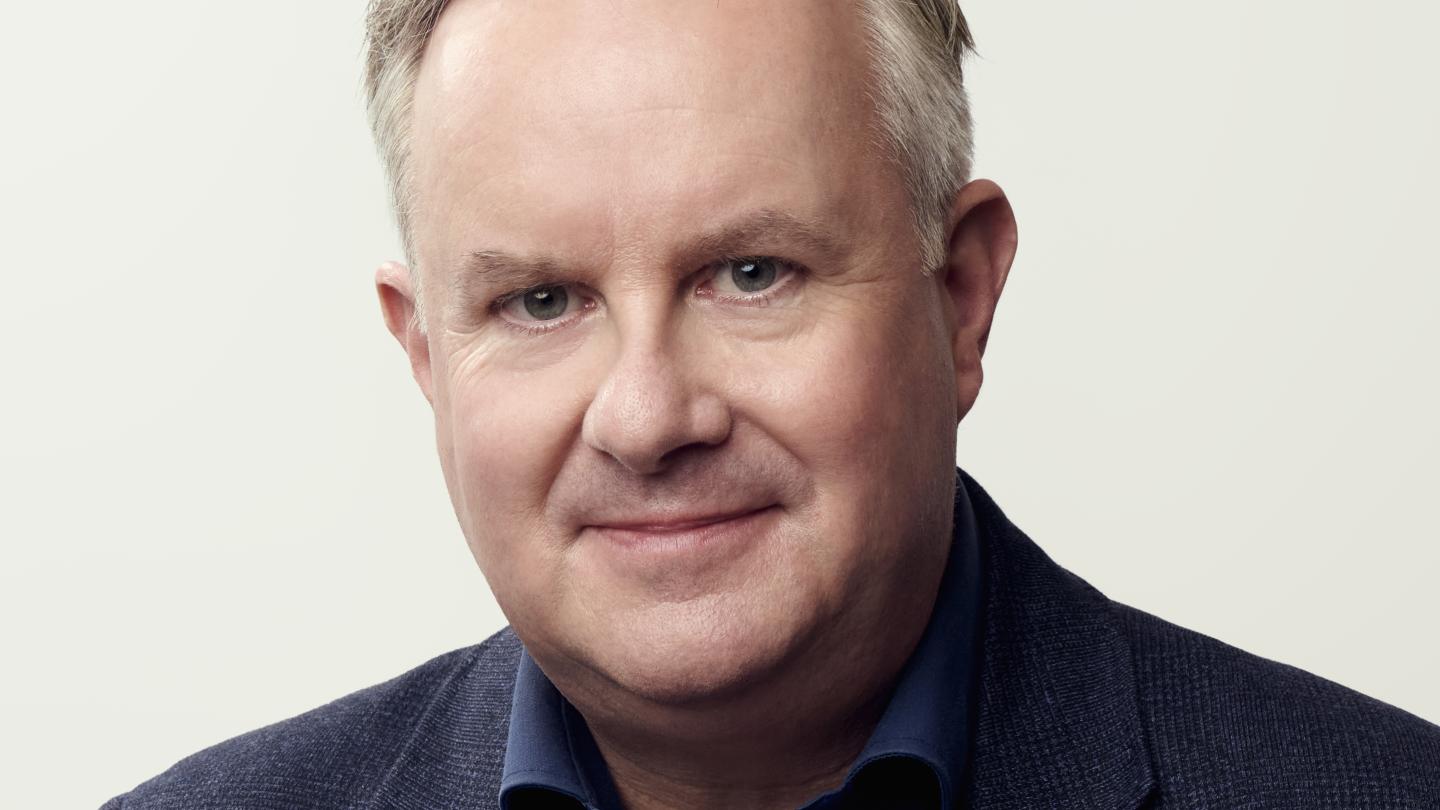GP Bullhound sees 2023 as ‘great vintage’ for tech
A stellar performance of a small number of listed tech companies is largely responsible for the recent recovery in public stock markets. For Ben Prade, partner at international tech investor GP Bullhound, it remains to be seen whether this can serve as a full market revival. Nevertheless, he is upbeat about the prospects for private tech investments, saying 2023 can become “one of those really great vintages”.
ABBL: EU retail investment plan is ‘controversial’
Luxembourg banking association ABBL on Monday said it sees the EU’s new retail investment plans as “controversial”, warning that the package that aims to prioritise consumer interests and strengthen investor protection “may have unintended consequences” and could distort the investment sector.
Pictet moves its European hq out of Luxembourg
Swiss private bank Pictet has decided to move its European headquarters to Frankfurt, relocating the function from Luxembourg. The grand duchy has served as the main European hub of the Geneva-based private bank for about three decades.
The bank said that its former Pictet & Cie (Europe) S.A. “transferred its registered office from Luxembourg” to Frankfurt per 26 May “by way of a cross border conversion from a Luxembourg Societé Anonyme into a German Aktiengesellschaft.”
EU regulators attempt to define greenwashing
Europe’s top financial regulators on Thursday presented a first official definition of greenwashing as part of a common approach for cracking down on greenwashing practices among banks, asset managers and insurance companies, turning up the pressure on an industry that has for a long time been complaining about the lack of clarity of the EU’s sustainable finance regulations.
terrAssisi fund: ESG investing inspired by Saint Francis
In an age where financial success often overshadows our responsibility towards the environment and society, there is a growing need for investment strategies that align with our values and contribute to a sustainable future. Enter the terrAssisi Equity Fund, a unique investment initiative that draws inspiration from the timeless values of Saint Francis of Assisi, blending financial acumen with ethical considerations.
European investors face hurdles in reclaiming withholding tax
According to a recent study conducted by Brussels-based NGO Better Finance and Germany’s DSW, reclaiming withholding tax in Europe remains an arduous and costly endeavor. The study, which surveyed 3,000 European investors, unveiled the considerable challenges faced by non-professional investors in reclaiming taxes paid twice on cross-border dividend income, making it financially impractical. The European Commission is poised to present proposals in June to alleviate obstacles and prevent double taxation.
Waystone hopes SFDR review will offer more flexibility
Given the significant resources and costs that the asset management has incurred to date, many investment firms are hopeful that the European Commission, in its upcoming review, will allow enough flexibility in application of the rules so that firms are not required to incur further costs, significantly change their processes, or potentially SFDR classifications, says Rebecca Palmer, ESG director at Dublin-headquartered management company Waystone.
In Flux: Value for money?
Costs of investment funds continue to be a divisive topic in the fund and asset management business. Are investors really paying 40% too much? Or ‘only’ 25%? What are they actually paying for? In Luxembourg, home to a third of Europe’s 30,000 Ucits funds, this discussion could lead to major changes in the coming years, like it already has in the United Kingdom and the Netherlands.
EY: Luxembourg clients more inclined to seek advice
Given the increasing complexity of financial markets, private banking clients in Luxembourg, especially younger groups, are more willing to seek out financial advice than clients elsewhere in Europe, according to the Luxembourg edition of EY’s Global Wealth Report released on Thursday.
PwC: Luxembourg ManCos redesigning operating models
Market consolidation, pressure on cost and the weight of regulation have reduced the total number of Management Companies in Luxembourg by four last year. The latest edition of PwC’s annual Manco Observatory nevertheless sees this industry as “very dynamic”, with 11 new Manco’s having been set up in the last year.
